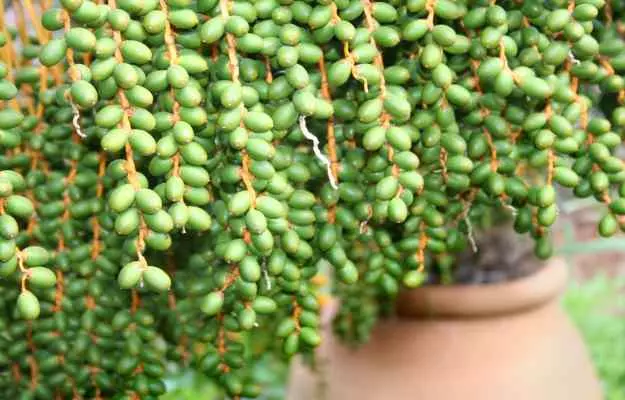Jamalgota, also known as Croton tiglium, is an evergreen plant belonging to the family Euphorbiaceae. It grows as a small shrub (15-20 feet) in most of the Indian subcontinent and is one of the most well-known poisons and purgatives known to Ayurvedic and Traditional Chinese medicine.
The more you start to know this plant the more it amazes you. On one hand it is used as an arrow poison by the Himalayan tribes and on the other hand, it is used for the treatment of various gastrointestinal disorders including constipation, indigestion, abdominal distention, and visceral pain. It is used to stun fish but is also helpful as an antidote to snake poison. Croton seeds and oil can induce blood clotting when taken raw or in high doses and it is also used traditionally for reducing muscle and joint pain.
One of the many ironies of nature or just a miracle of medical science?
This article will tell you more about all of these benefits of the Croton plant and much more. Read on to find out how you can use this plant for improving your overall health, what are its safety concerns and how can you avoid them.
Some basic facts about Croton tiglium:
- Botanical name: Croton tiglium
- Family: Euphorbiaceae
- Common name: Purging croton, Jamalgota
- Sanskrit name: Jayapala
- Parts used: Seeds, Leaves, Roots, Seed oil
- Native region and geographical distribution: This plant is native to tropical Asia. Croton plant is found growing wild in India, New Guinea, Java, Indonesia and China.





























